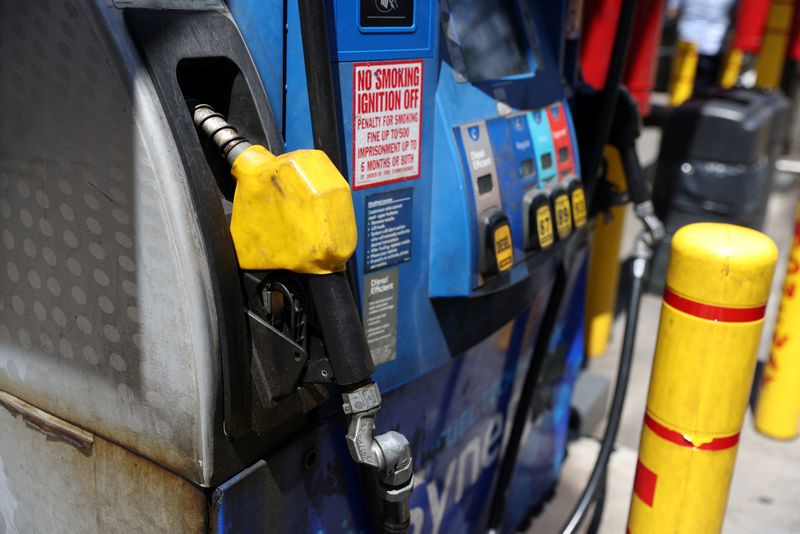By Nicole Jao
NEW YORK (Reuters) - Oil prices gained about 3% on Thursday to settle at their highest since December after U.S. economic data showed faster-than-expected growth in the last quarter and as tensions in the Red Sea kept disrupting global trade.
Brent crude futures settled up $2.39, or 2.99%, to $82.43 a barrel. U.S. West Texas Intermediate crude gained $2.27, or 3.02%, to $77.36.
Geopolitical tensions in the Middle East and the disruption of shipping in the Red Sea corridor remained in focus.
Maersk said explosions forced two ships operated by its U.S. subsidiary that were carrying U.S. military supplies to retreat when they were transiting the Bab al-Mandab Strait off Yemen, accompanied by the U.S. Navy.
"We are finally seeing energy markets wake up to the distinct possibility that these supply chain disruptions will rumble on for months yet," said Joshua Mahony, chief market analyst at Scope Markets.
"The prospect of a military solution to ensure safe passage looks unlikely," he added.
Yemen's Houthi leader said on Thursday the group would continue targeting ships linked to Israel until aid reaches the Palestinian people in Gaza.
A Ukrainian drone attack on an oil refinery in southern Russia overnight also sparked supply worries, said Bob Yawger, director of energy futures at Mizuho.
In the U.S., a larger-than-expected draw in crude inventories last week, primarily because of extreme cold, also supported prices. U.S. inventories fell by 9.2 million barrels last week, according to the Energy Information Administration.
Data on Thursday showed the U.S. economy grew at a faster pace than expected in the fourth quarter, a positive demand indicator, Yawger said.
Oil prices also drew support from expectation China's economy is recovering after the central bank announced a deep cut in bank reserves on Wednesday.
The market had been waiting for economic stimulus from China for the past several months, said John Kilduff, partner at Again Capital LLC. The bank reserves cut could boost oil demand, he added.

Elsewhere, however, the prospect of sustained high interest rates loomed.
The European Central Bank on Thursday retained its record-high benchmark rate of 4%, giving no hint that policymakers were contemplating policy easing.